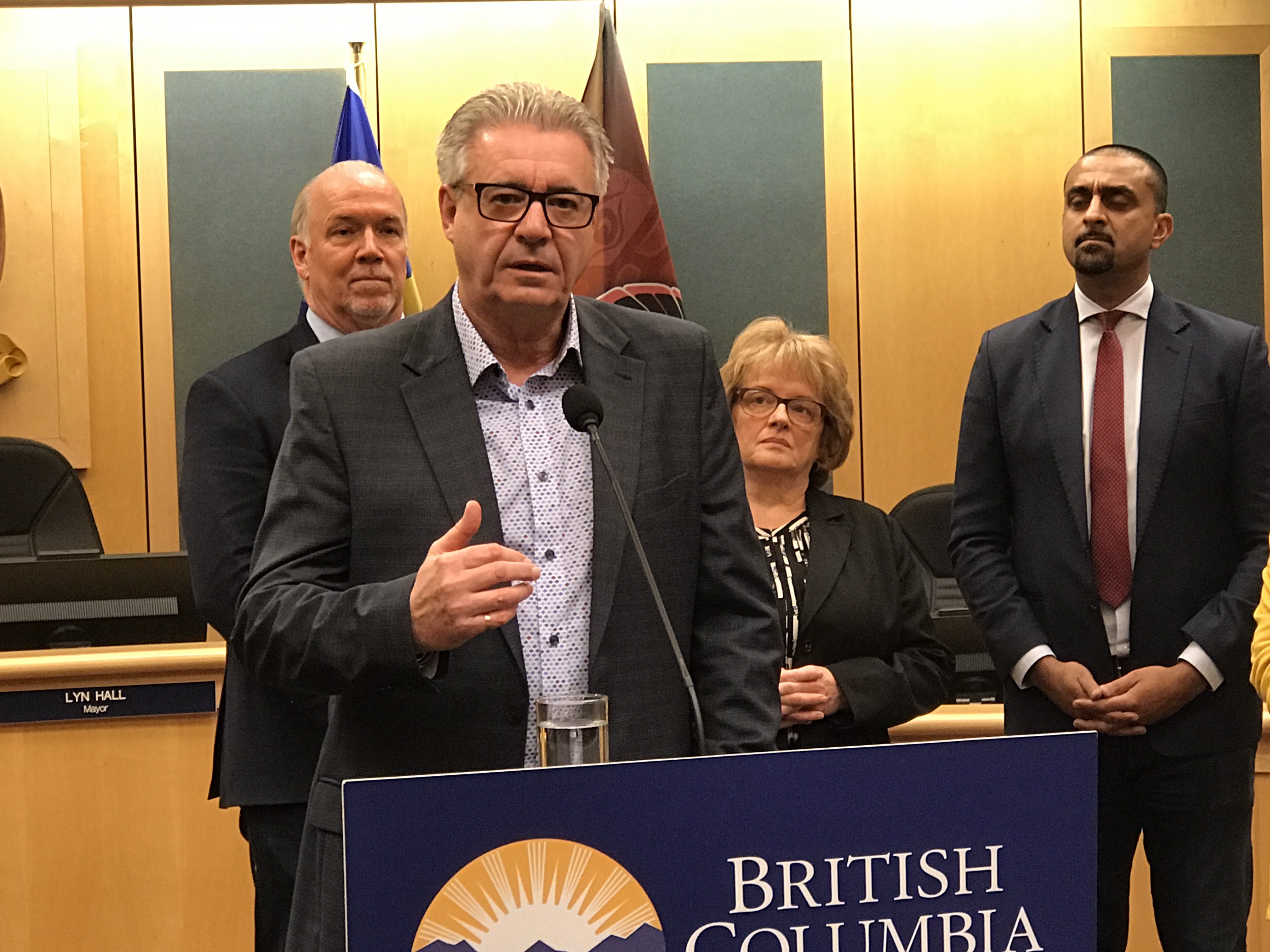At the latest meeting, Prince George City Council announced it is not declaring a local state of emergency right away.
Despite places like Haida Gwaii, Prince Rupert and Vancouver declaring states of emergency, Mayor Lyn Hall said the city feels their needs are currently being met with the provincial order.
“The approach we’re taking right now is that we feel we have enough authority through Doctor Henry’s orders and the orders through the provincial government,” said Mayor Hall.
“For us, it’s about taking a look at what measures we need to fulfill those orders and other things that we are doing in the community. We feel we have that at our disposal.”
These powers include:
- Acquire or use any land or personal property deemed necessary in preventing, responding or relieving the effects of the emergency.
- Authorize/require any person to give assistance, that they are qualified to do or that otherwise may be required.
- Control or prohibit travel to or from any area of BC
- Provide for the restoration of essential facilities and the distribution of essential supplies and provide, maintain and coordinate emergency medical, welfare and other essential services in any part of BC.
- Cause the evacuation of persons and the removal of livestock, animals and personal property from any affected area of the province and make arrangements for the adequate care and protection of affected people, livestock and personal property.
- Authorize the entry into any building or land, without a warrant, by any person in the course of implementing an emergency plan or program or if otherwise considered by the minister to be necessary.
- Allow the demolition or removal of any trees, structures or crops if it is considered by the minister to be necessary.
- Construct works considered by the minister to be necessary.
- Procure, fix prices for or ration food, clothing, fuel, equipment, medical supplies or other essential supplies and the use of any property, services, resources or equipment within any part of BC for the duration of the state of emergency
The local state of emergency expires seven days after it is called.
These powers are written for a provincial perspective, but apply to local authorities once a state of local emergency has been called.
“I think whenever a community declares a state of emergency, they are identifying a number of things that need to be addressed within that authority, ” noted Hall.
“Some of the examples would be needing the authority to take steps to limit larger gatherings, it may be people coming in and out of our city, there’s a number of things that we would use the local emergency for,”
As for what it would take to enact one locally, Hall said the answer varies by city.
“I think the states of emergency will be varied.”
“Prince Rupert, for example, are concerned about their geographic location and people coming into their community, they felt that they need to put different emergency actions in place to control the spread of the virus.”
British Columbia declared a provincial state of emergency March 18.






